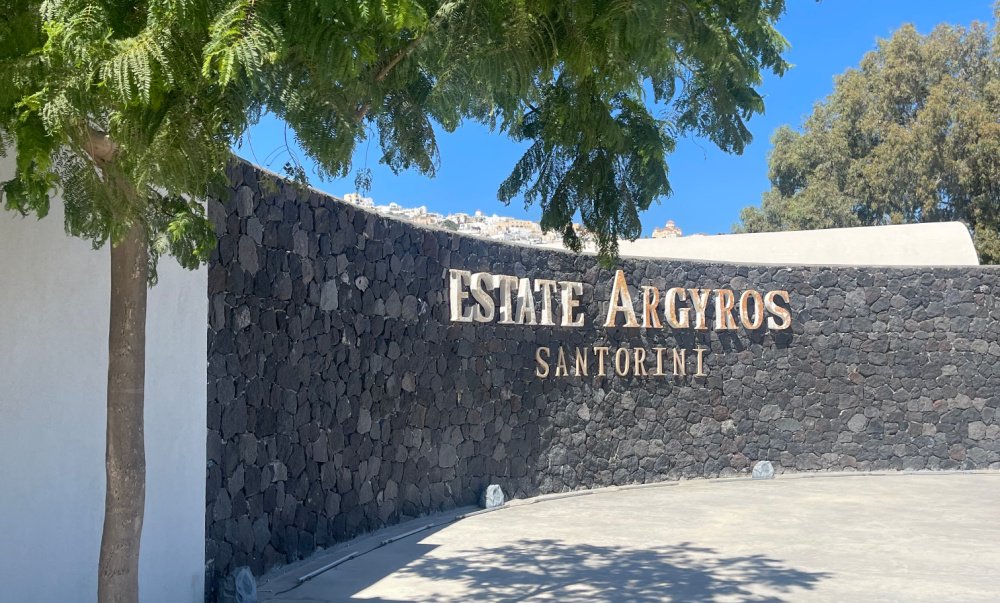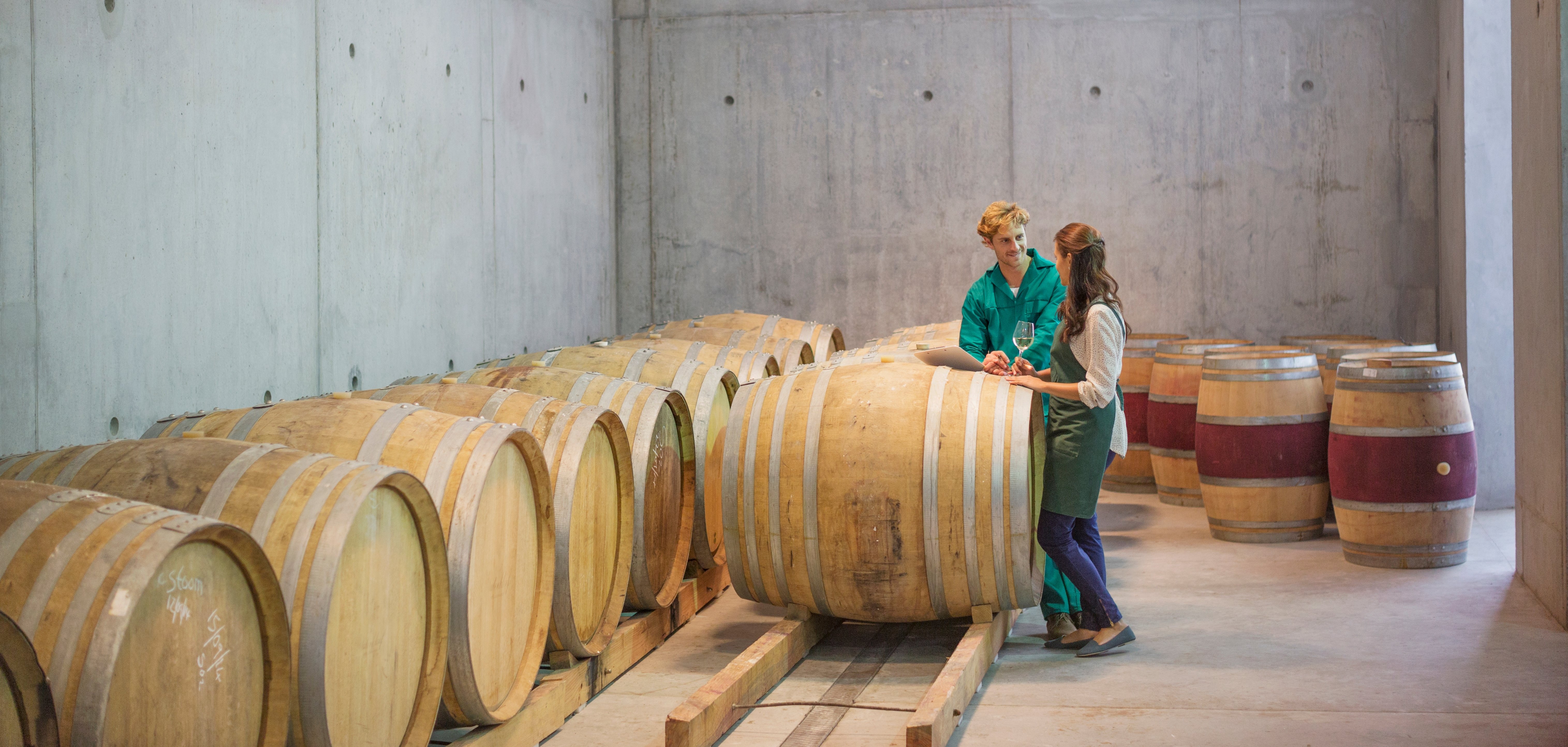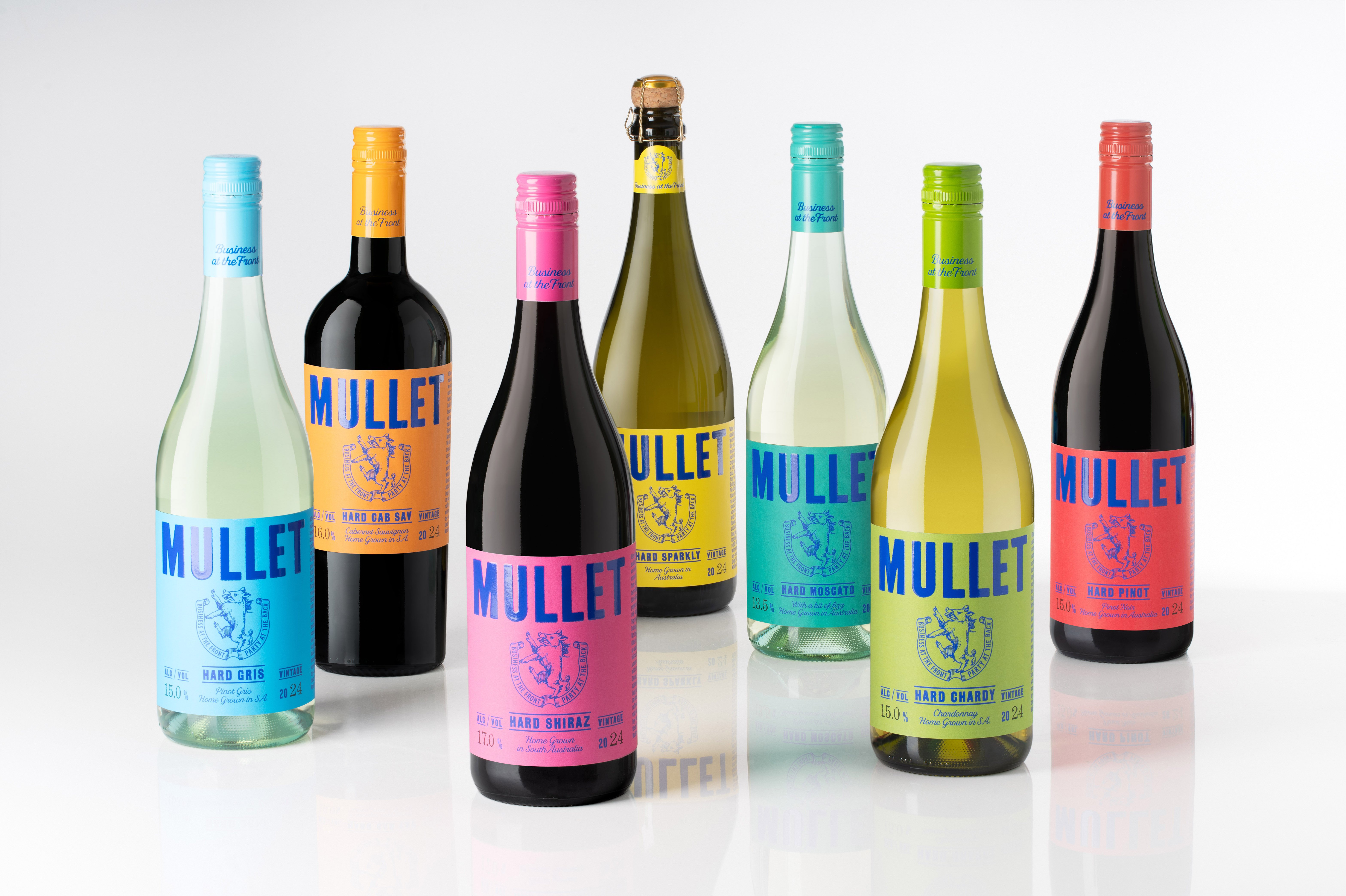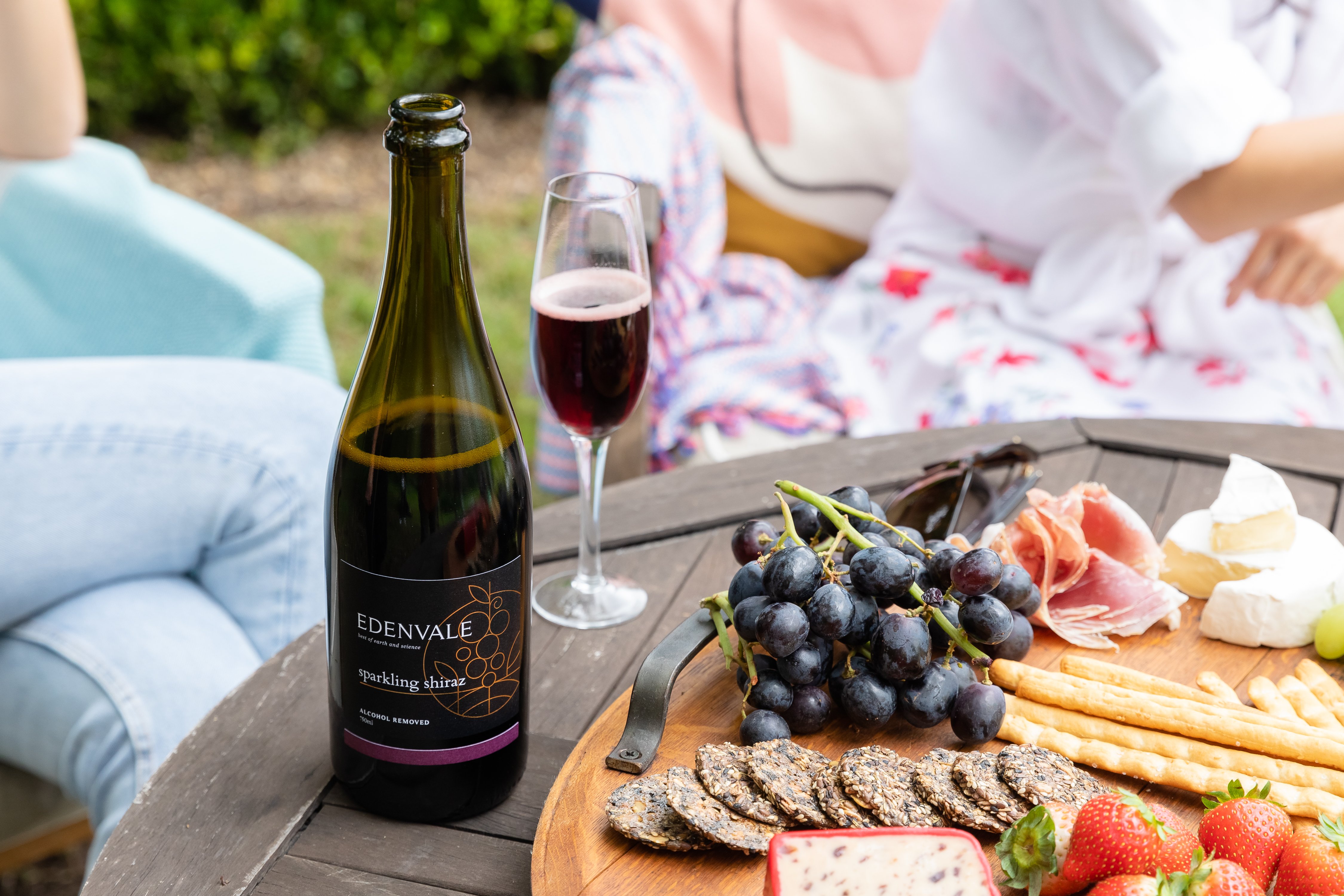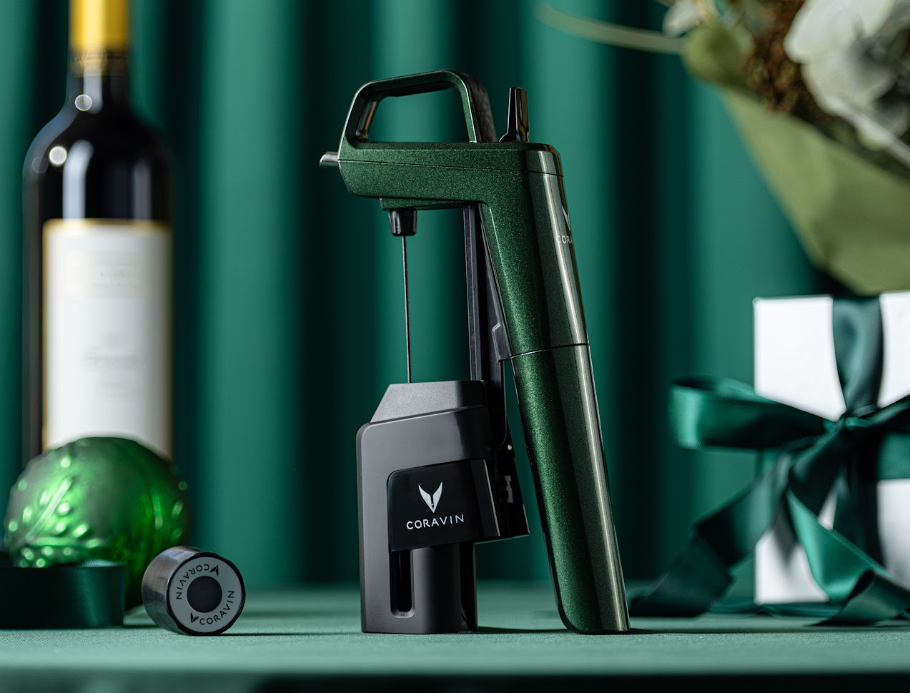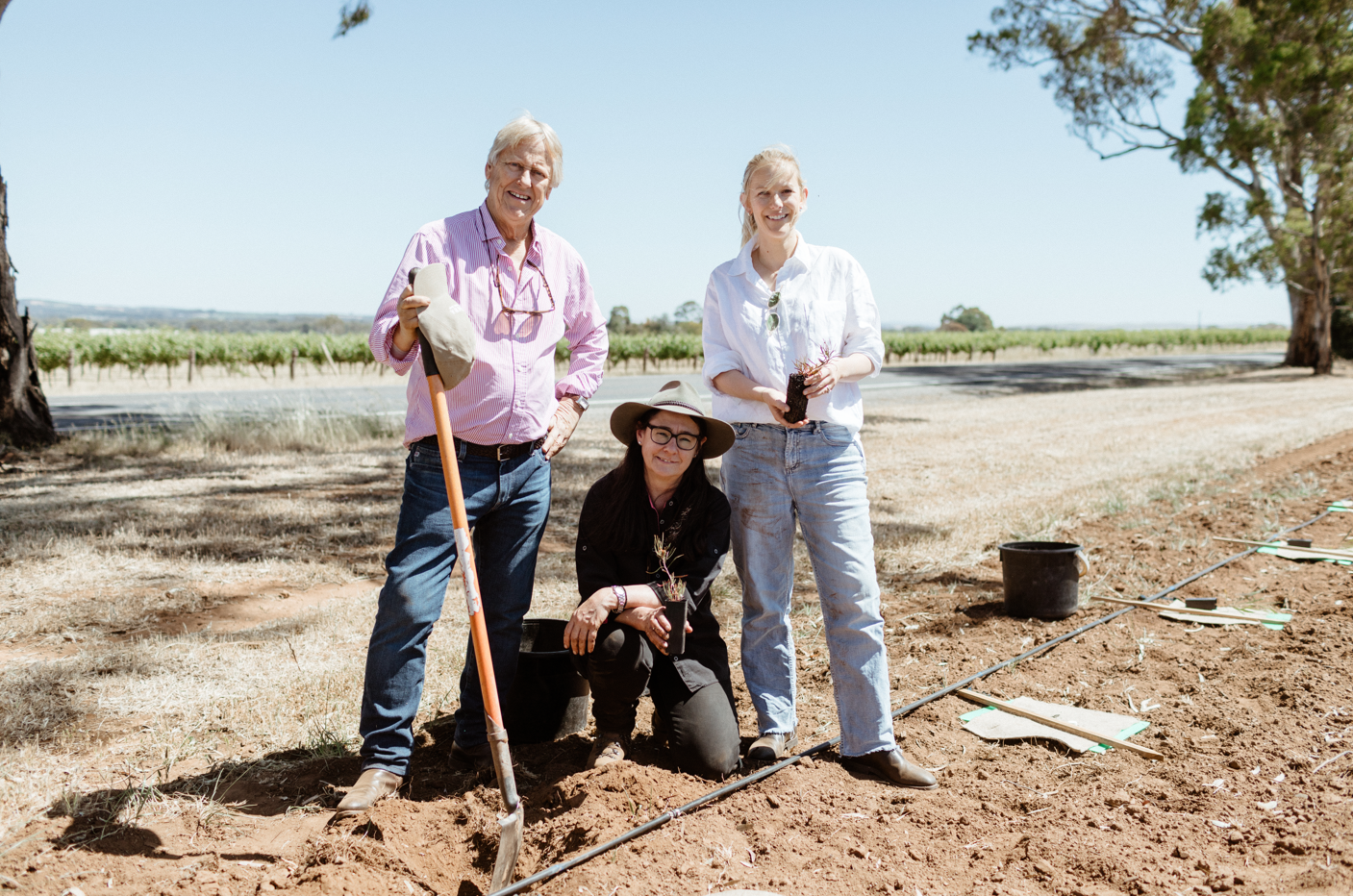Santorini's signature indigenous white grape, Assyrtiko, is not only the flagship variety of the island but its quality and distinction show the world how this Greek wine benefits from ancient vines and volcanic soils.
The island of Santorini in the Aegean not only has spectacular tourist-trapping sparkling azure blue ocean vistas but is dotted with vines. Nobel laureate poet Odysseus Elytis called the island the ‘daughter of climactic wrath’ because it was born of the anger of the volcano, yet it’s this volcanic anger that delivers wines of exceptional character and unique provenance.
Ancient Vines
Santorini claims some of the oldest vines in the world. Its phylloxera-free status means some vines are up to two and three hundred years. The lack of clay on the island means the vines are phylloxera immune and on original rootstocks.
Santorini is covered in vines, but it's not immediately apparent because they are not the familiar trellised rows we are accustomed to. The island's ancient vines are trained into a basket-shaped 'koulouri' protecting precious grapes from harsh winds and scorching temperatures. The koulouri vine ‘baskets’ capture the ocean mist in the morning allowing the vines extra protection from the day's heat. It is a unique system, evolved for centuries and genius in design.
Volcanic Soils
Santorini wines showcase a unique terroir defined by volcanic soils. Wines from volcanic regions boast a distinct and impressive character, and the wines of Santorini are no exception. Volcanic soil minerals like potassium, magnesium, and iron contribute to the unique flavour profiles of wine. The porous nature of volcanic soil promotes excellent drainage, forcing vine roots to delve deep into the earth in search of water and nutrients.
This struggle for sustenance imparts a sense of resilience to the vines, translating into wines with remarkable depth and complexity.
The volcanic influence extends beyond the soil, as the microclimates in these regions often showcase temperature variations that challenge grapevines to adapt and thrive. This dynamic environment cultivates grapes with intense flavours, balanced acidity, and a pronounced minerality. Wines born from volcanic terroir often exhibit a vibrant energy and a distinctive sense of place.
The Assyrtiko Grape
Santorini’s indigenous Assyrtiko grape makes up 75% of all vines on the island. Santorini Assyrtiko is a protected designation of origin crafted into a dizzying array of styles, from the very dry to lusciously sweet.
The classic dry Assyrtiko exhibits crisp acidity, bracing minerality, and a distinct saline character from the island’s ocean climate.
The Nykteri is a richer style of Santorini Assyrtiko produced from old vines and matured in barrels for 16 months.
The famous Vinsanto, renowned as one of the best dessert wines in the world (not the Vinsanto from Tuscany, but Vinsanto from ‘Santo’rini) comes in two styles, one that is a sweeter, syrupy dessert-style wine and another that leans into the acid to create a fresher style. The Assyrtiko is picked and sundried to concentrate the sugars. The result is rich flavours of quince, marmalade and dried muscatels with layers of minerality and balanced acidity.
Estate Argyros
Visiting the impressive Estate Argyros is a must to taste the whole gamut of Santorini’s Assyrtiko styles. The state-of-the-art, white-washed winery and cellar door are friendly and welcoming to any wine lover – bookings are recommended. Sitting out on the terrace sipping wine and admiring the view over the vines rolling into the ocean is particularly memorable.
Ten per cent of all vines on the island are owned by Argyros Estate, the largest private holding with 120 hectares under vine.
Fourth-generation family member Matthaious Argyros is the current custodian. The Argyros family has produced wine in Santorini since the mid-18th century.
In the 1970s, Matthaious’s father, Yiannis, worked tirelessly to establish the island’s Assyrtiko and Vinsanto wines as some of the best in the world. Today, the family invests heavily in the vines to protect the grape's provenance.
Export Manager for Argyros, Dimitrios Kekas, said, "Our goal is to preserve the primary characteristics of the variety, to express the identity of this variety. And we are working with ancient vines because only the old vines can provide us with the quality of grapes we need to produce the desirable style of wines.”
Due to its popularity and versatility, Santorini’s Assyrtiko is planted all over Greece and Australia.
Peter Barry visited Argyros in 2006. Assyrtiko reminded him of Clare Valley Riesling. He was so impressed he took a cutting home. Barry planted the cutting in the Lodge Hill Vineyard, and today, it is the Jim Barry Assyrtiko.
"He bought all the canes from us; he's a friend of our winery," said Kekas.
The classic Estate Argyros Assyrtiko 2022 is 100% fermented in stainless steel and crafted from 100 to 120-year-old vines. It is bright and energetic with lashings of minerality. Kekas calls it their version of Chablis.
The Estate Argyros Cuvee Nykteri 2019 is a late harvest powerful version of Assyrtiko; Kekas calls it their Meursault. It is richer and more complex.
Two of the estate’s special cuvees include the Cuvee Evdemon 2019, crafted from two of the Estate's oldest low-yielding vines and produced using the principles of biodynamic viticulture, and the Cuvee Monsignori 2020, crafted from the oldest vines on the Estate.
Déjà Vu Wine Co. imports Estate Argyros and Gaia Estate wines to Australia.
*Read the full article in the latest Drinks Trade’s Summer Edition.
Share the content
